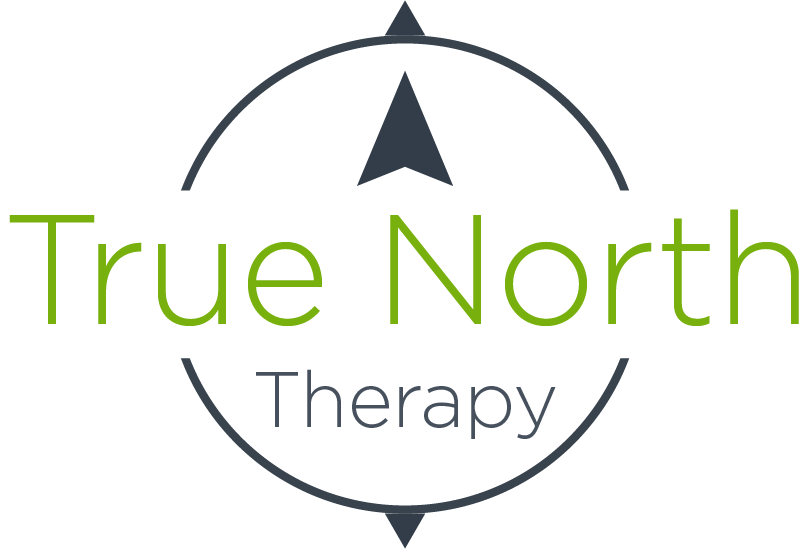FAQs
What’s the difference between talking a therapist or to friends or family?
A mental health professional can help you approach your situation in a new way– teach you new skills, gain different perspectives, listen to you without judgment or expectations, and help you listen to yourself. Ideally, our friends and family “cheerlead” for us and validate our perspective. A therapist will honor your feelings, but also challenge you to see new perspectives, understand how your thoughts and emotions may influence your behavior, and even challenge your beliefs. Therapy is also completely confidential. It is called the “work of therapy” because it can be just that- work. However, this investment in yourself can dramatically improve your day-to-day life.
Why shouldn’t I just take medication?
Medication works best when used in addition to therapy. True North Therapy does not prescribe medications, but will work with your prescriber to insure the most comprehensive level of care.
How does it work? What do I have to do in sessions?
Therapy is YOUR time, not the therapist’s. Your personal goals and style, paired with the therapist’s knowledge and expertise, will be the leading force in how therapy looks and feels. Some people prefer supportive psychotherapy, others are more appropriate for a time limited Cognitive Behavioral Therapy plan. You and your therapist will work together to establish a plan that is right for you.
I want to get the most out of therapy. What can I do to help?
Your active participation and dedication is crucial to your success. After all, you will only see your therapist for a session a week, or even every other week. It’s the work you do outside of our sessions that will really help you see your personal growth and development.
If you work with my child or teen, how will I know what is going on?
Your child’s therapist will meet with you and your child to make sure you have an opportunity to meet the therapist and feel comfortable with him/her. Additionally, we believe that good communication between the client, parent, and therapist is the ideal way to approach therapy. True North clinicians are skilled at establishing trust and rapport with their client, while also helping the family to thrive and communicate.

